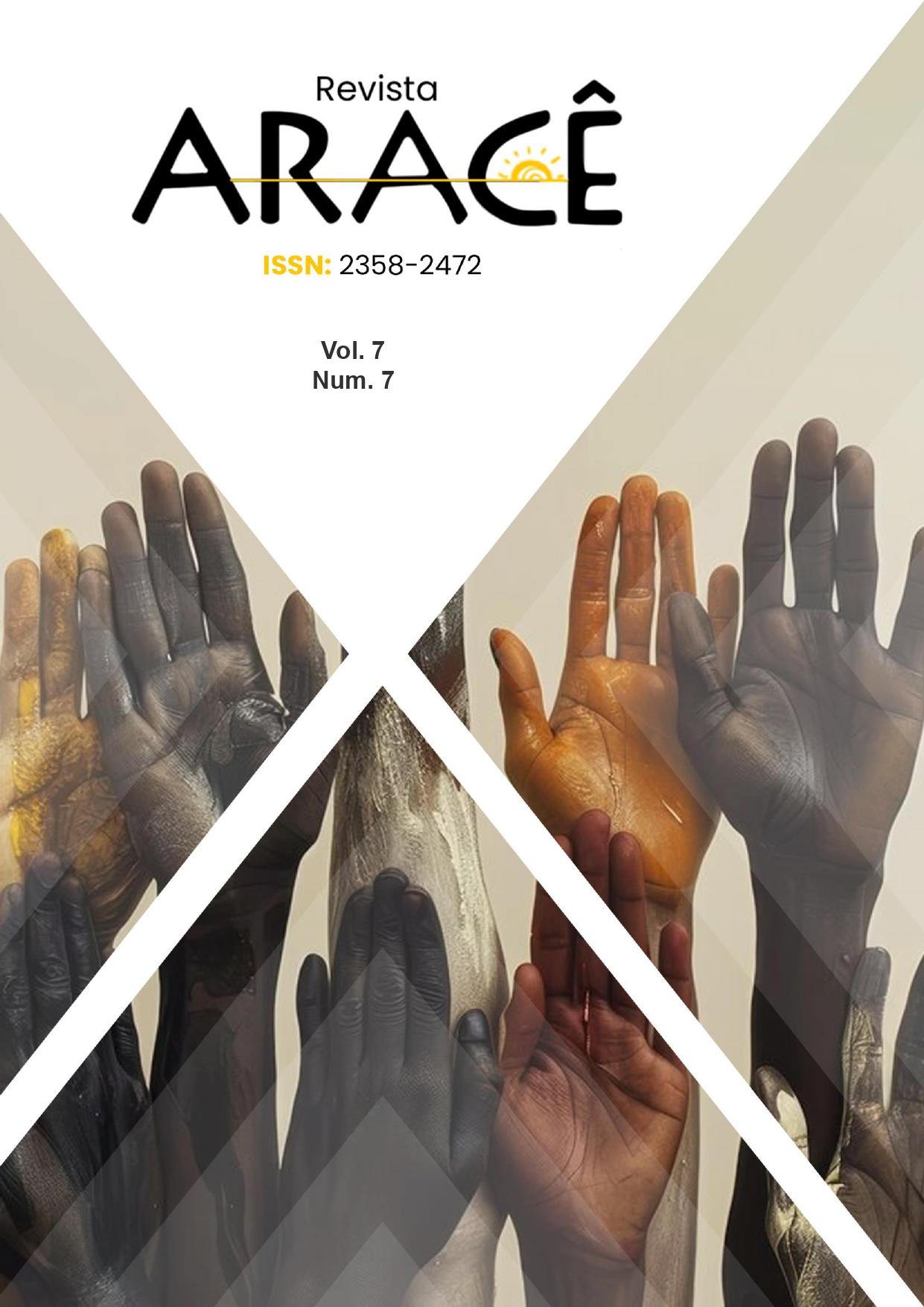PROJETO RECRIAR: SUSTENTABILIDADE, INCLUSÃO DIGITAL E INOVAÇÃO PEDAGÓGICA A PARTIR DA REUTILIZAÇÃO DE DISPOSITIVOS TECNOLÓGICOS ILEGAIS
DOI:
https://doi.org/10.56238/arev7n7-076Palavras-chave:
Inclusão Digital, Sustentabilidade, Inovação Pedagógica, Extensão Universitária, Economia Circular, Tecnologia EducacionalResumo
O Projeto Recriar, vinculado à Universidade Estadual do Norte do Paraná (UENP), constitui uma proposta de inovação pedagógica, inclusão digital e sustentabilidade, a partir da reutilização de dispositivos eletrônicos de origem ilegal, especialmente TV Boxes apreendidas por órgãos de controle como a Receita Federal. Fundado nos princípios da economia circular e da extensão universitária transformadora, o projeto visa recondicionar tecnologicamente esses dispositivos, convertendo-os em plataformas seguras de aprendizagem digital para escolas públicas em situação de vulnerabilidade social e estrutural. A metodologia envolve a triagem técnica dos aparelhos, a remoção de softwares ilícitos, a implementação de camadas de segurança física e lógica, a personalização de interfaces amigáveis, e a instalação de jogos educativos alinhados à Base Nacional Comum Curricular (BNCC). O processo é conduzido por equipe interdisciplinar com atuação em pedagogia, engenharia, informática e design. Os dados coletados por meio de observações em campo, entrevistas com professores e formulários eletrônicos subsidiam uma avaliação sistemática dos impactos pedagógicos, sociais e ambientais. Os resultados preliminares evidenciam a viabilidade técnica, a aceitação nas comunidades escolares e o fortalecimento da imagem institucional da universidade como agente de transformação. O Projeto Recriar se consolida, assim, como uma política pública inovadora, ética, replicável e comprometida com a democratização do acesso à tecnologia educacional.





